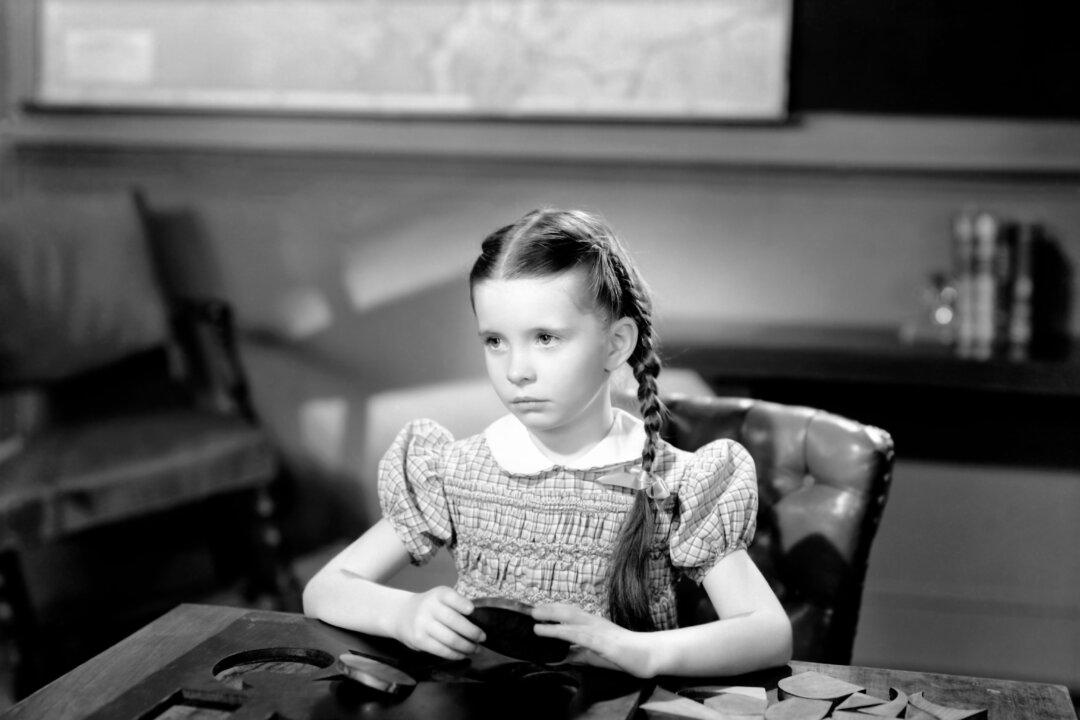NR | 1h 31m | Drama, Comedy | 1943
The lighthearted drama “Lost Angel” dwells on how pivotal parental figures are in a child’s life.

NR | 1h 31m | Drama, Comedy | 1943
The lighthearted drama “Lost Angel” dwells on how pivotal parental figures are in a child’s life.